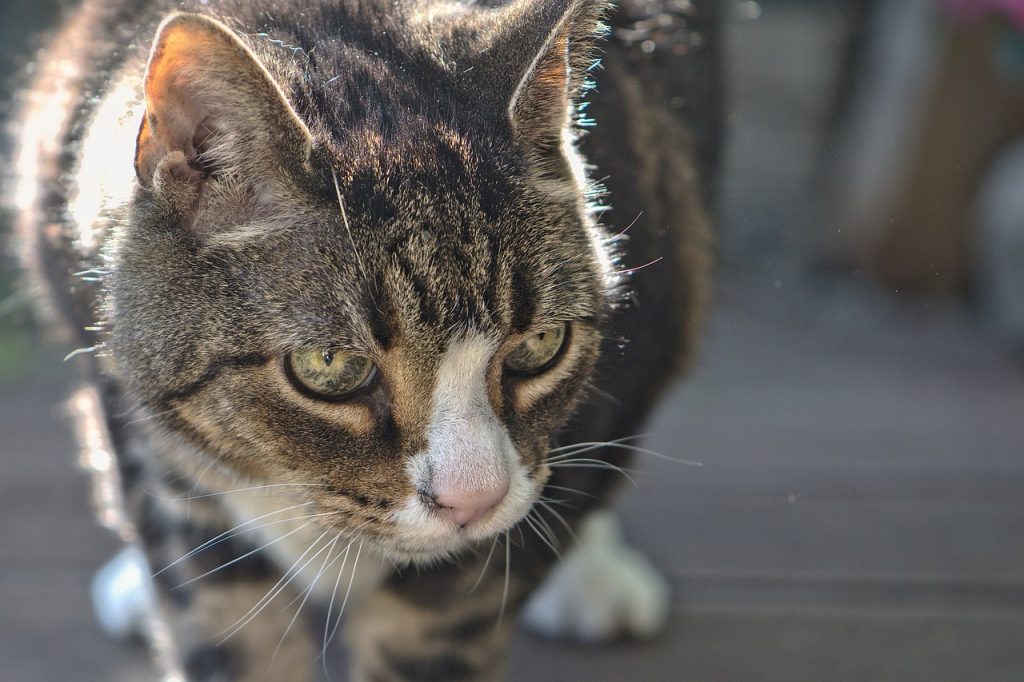Cats are cherished members of our families, and as they age, their needs change. Millennials, known for their love of pets, are now stepping into the role of caring for senior cats. In this guide, we’ll explore the essentials of senior cat care, providing millennials with the knowledge and tools they need to ensure their feline companions age gracefully and enjoy their golden years to the fullest.
1. Understand Your Cat’s Age:
The first step in senior cat care is recognizing when your feline friend becomes a senior. Generally, cats are considered seniors around the age of 7. Understanding their age helps you anticipate and address age-related changes.
2. Regular Veterinary Check-Ups:
Just like humans, senior cats benefit from routine medical check-ups. Regular vet visits can help catch age-related health issues early. Because of how quickly cats age in comparison to humans, senior kitties should ideally be seen twice yearly. Work with your veterinarian to establish a wellness plan tailored to your cat’s specific needs.
3. Age-Appropriate Nutrition:
Senior cats have different dietary requirements. Look for cat food formulated for older cats, which often includes joint support, reduced calories, and easily digestible ingredients. Consult your vet for guidance on the best diet for your aging cat.
4. Dental Care:
Oral health becomes increasingly important as cats age. Dental disease can lead to pain and other health problems. Brush your cat’s teeth regularly and consider dental treats or chews designed to promote dental health.
5. Weight Management:
Maintaining a healthy weight is crucial for senior cats. Obesity can exacerbate age-related conditions. Monitor their weight and adjust their diet and exercise routine accordingly.
6. Exercise and Mental Stimulation:
Don’t let your senior cat become a couch potato. Cats sleep a large portion of the day, but remember to engage them with age-appropriate toys and activities that keep their bodies and minds active. Puzzle toys, feather wands, and interactive playtime can help maintain their mental and physical health.
7. Comfortable Living Space:
Adapt your home to accommodate your senior cat’s needs. Provide comfortable bedding, easy access to food and water, and litter boxes with lower sides for easy entry. Cats may need things like the addition of a small set of stairs to help them to get to elevated surfaces safely, as well as raised food bowels to better align their joints as they bend down to eat.
8. Be Attentive to Behavioral Changes:
Keep an eye out for changes in your cat’s behavior. Increased vocalization, aggression, or litter box issues can be signs of underlying health problems. Promptly consult your veterinarian if you notice any behavioral changes.
9. Pain Management:
Cats can experience arthritis and other age-related conditions that cause pain as they age. Talk to your vet about pain management options, which may include medications or supplements to help keep them comfortable.
10. Love and Attention:
Finally, remember that senior cats need love and attention more than ever. As cats age, they can develop increasing anxiety related to separation from their human companions and/or changes within a household. Spend quality time with your cat, providing enrichment in the form of play and entertainment, and stability in routines as they navigate the challenges of aging.
Senior cat care is a responsibility millennials take seriously as they cherish their feline companions throughout their lives. By understanding the unique needs of senior cats and taking proactive steps to address them, millennials can ensure that their beloved pets age gracefully, maintaining a high quality of life and continuing to bring joy to their households for many years to come. With the right care and attention, your senior cat can enjoy their golden years in comfort and happiness, surrounded by the love of their millennial owners.

